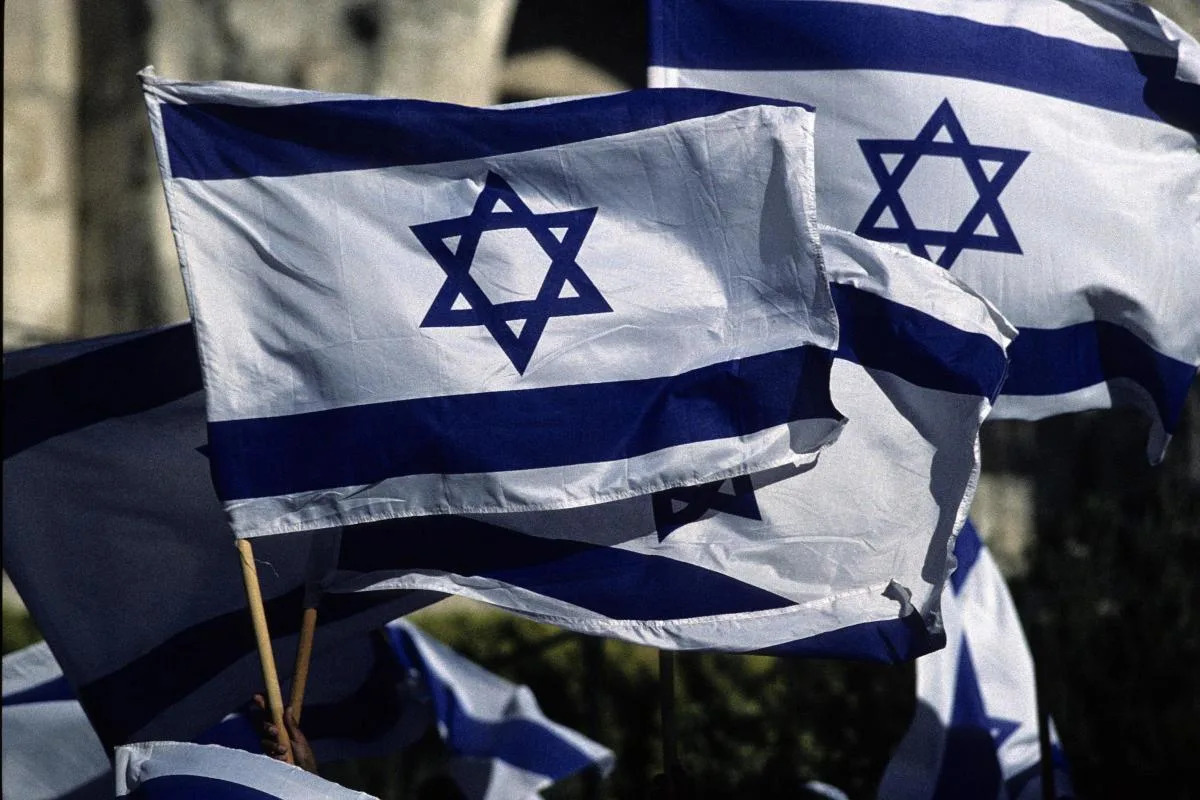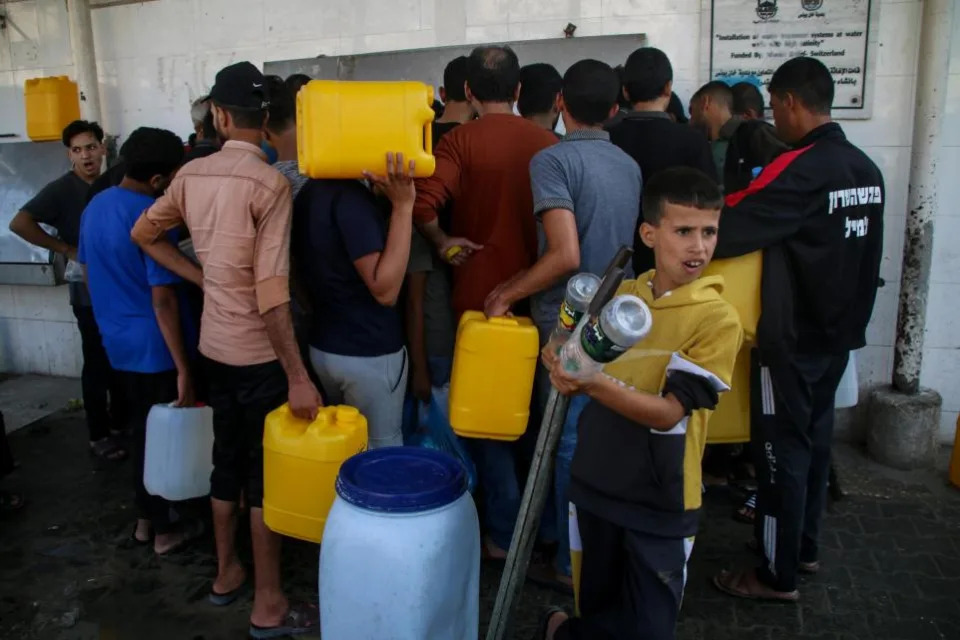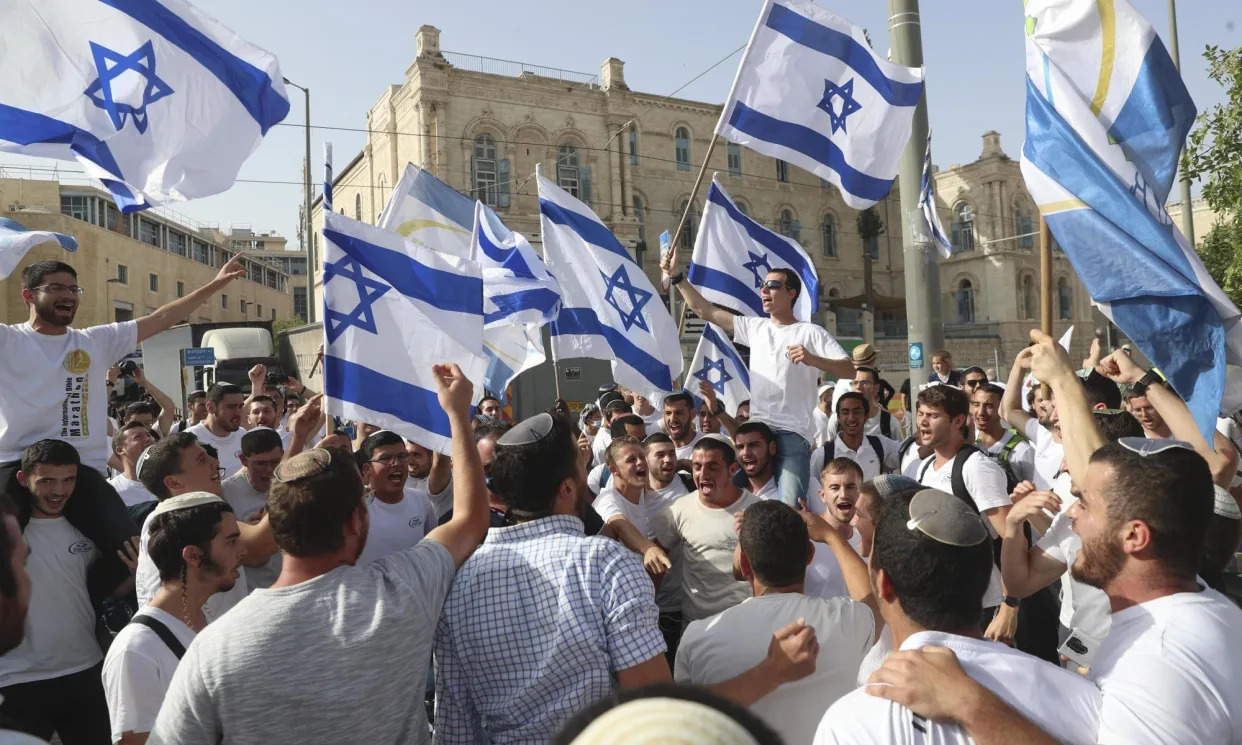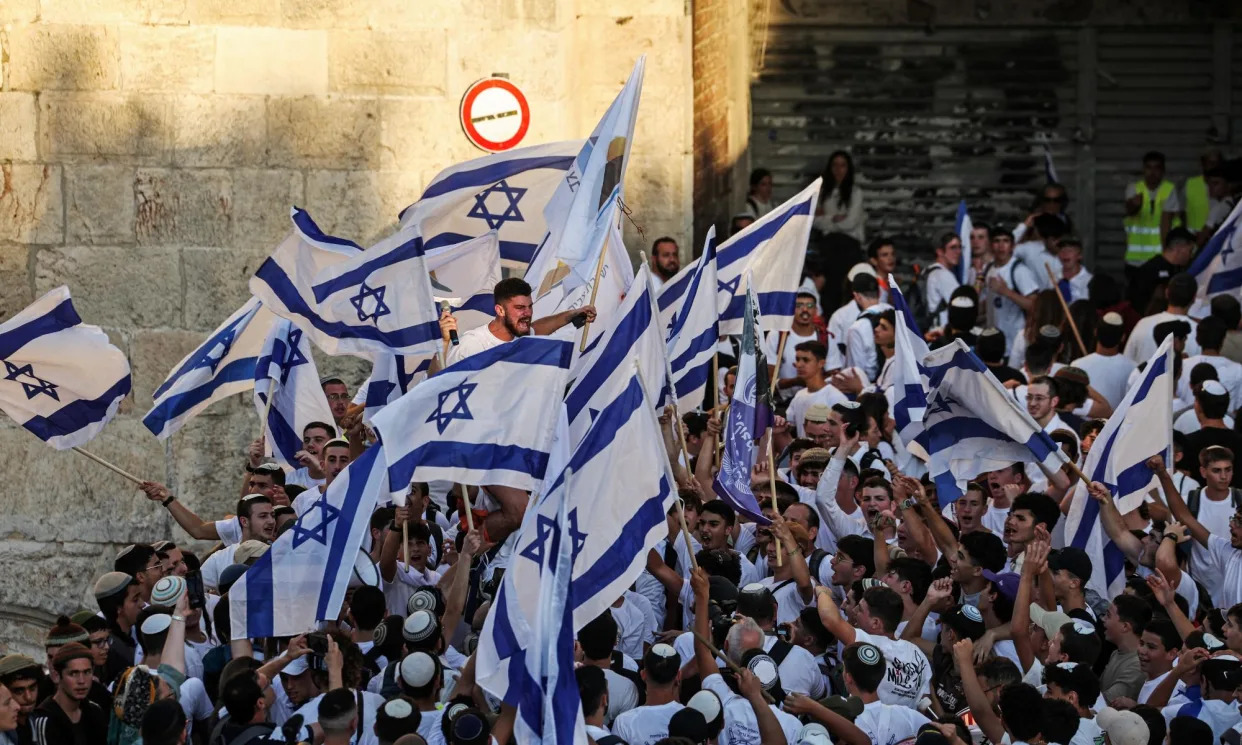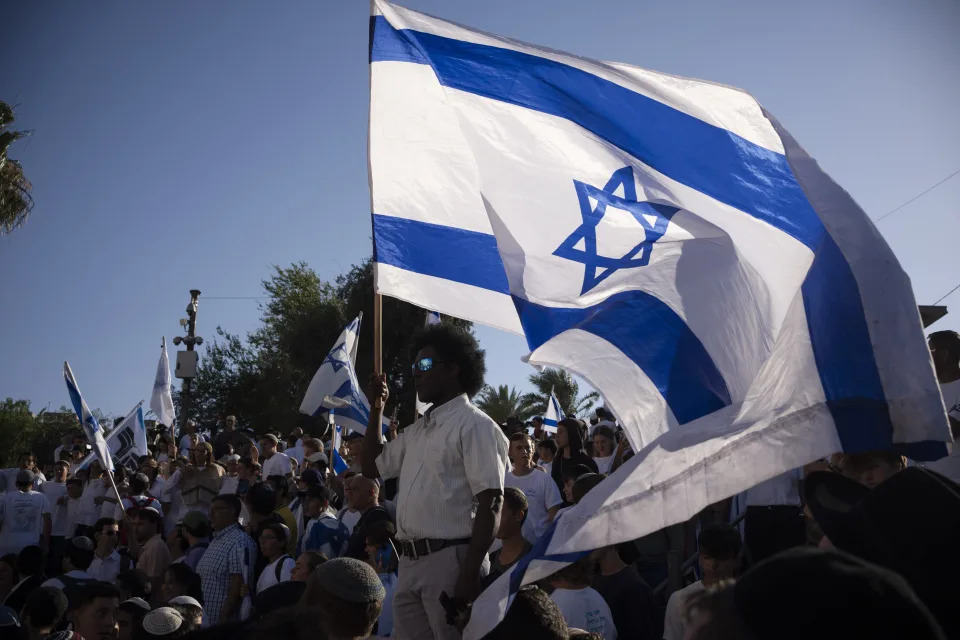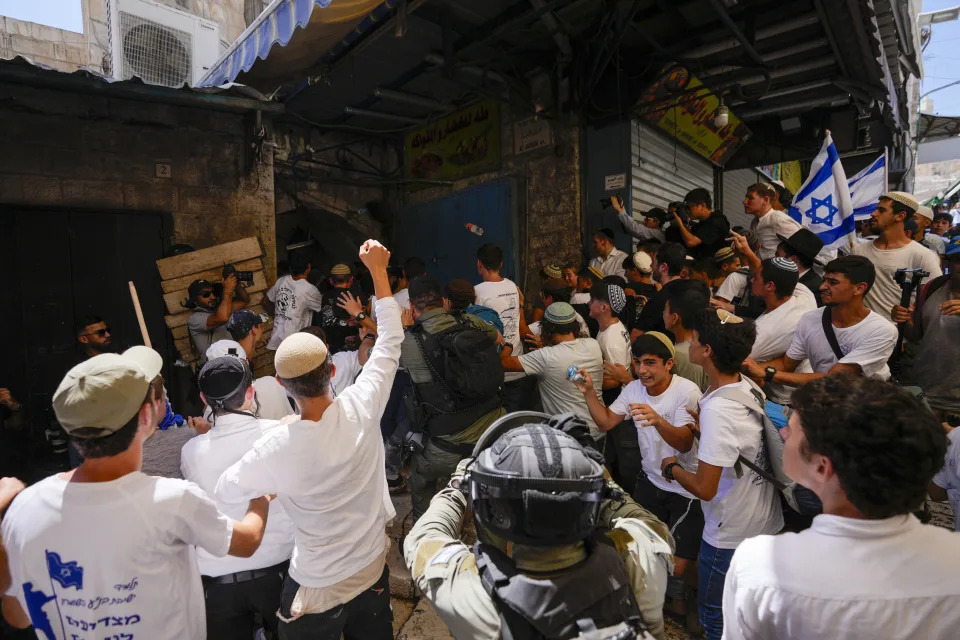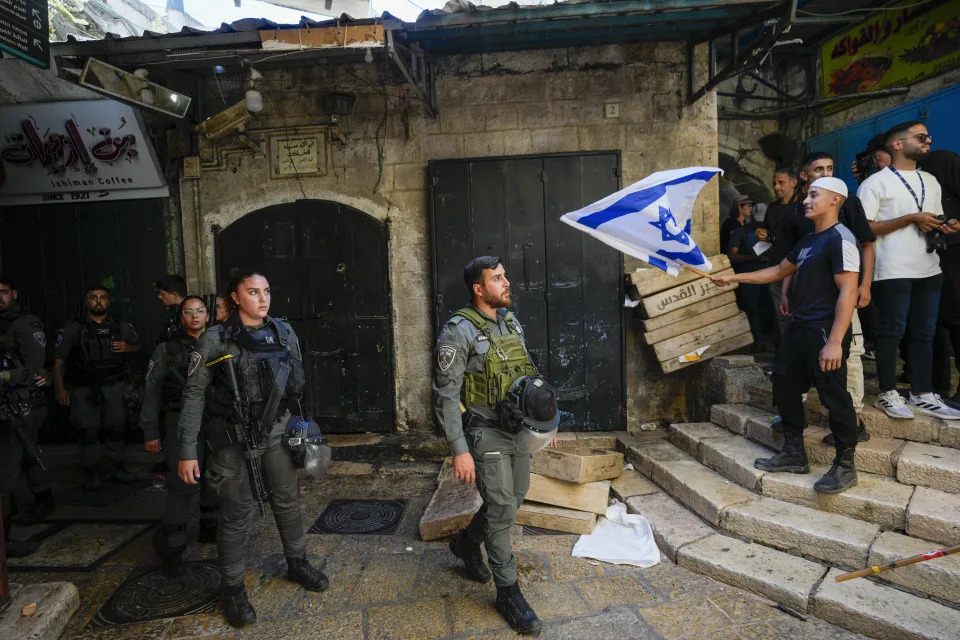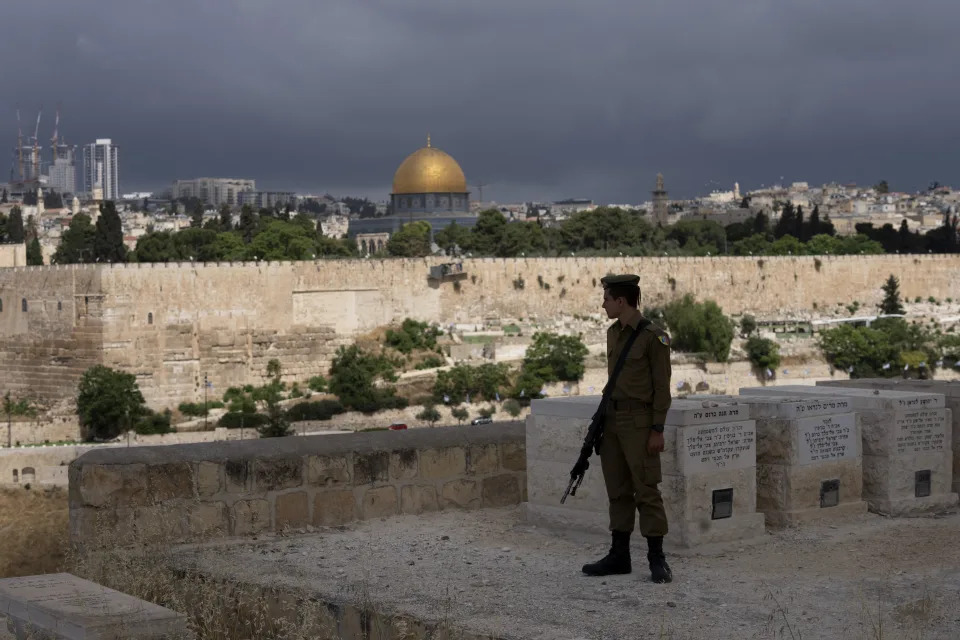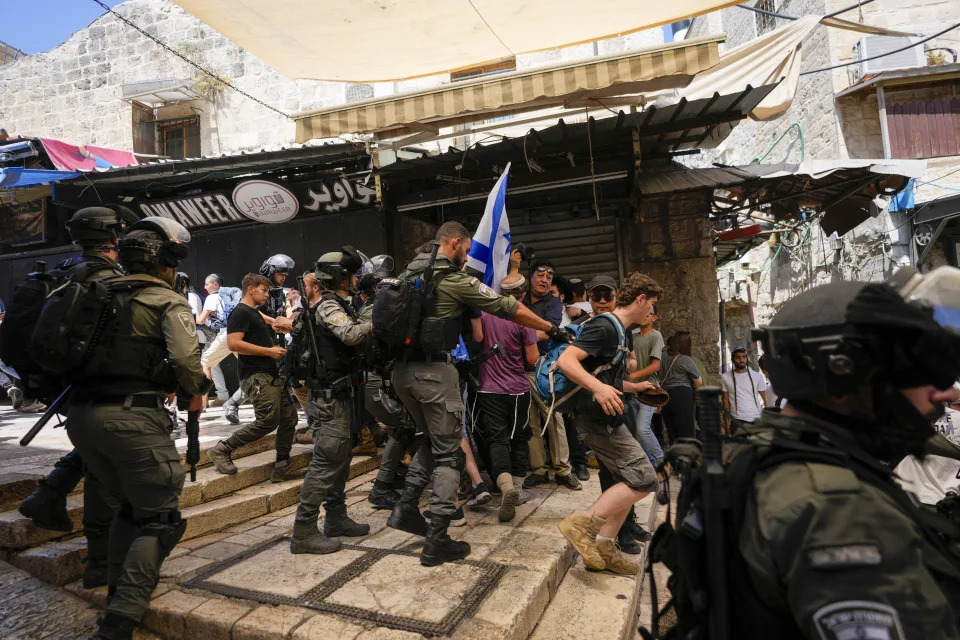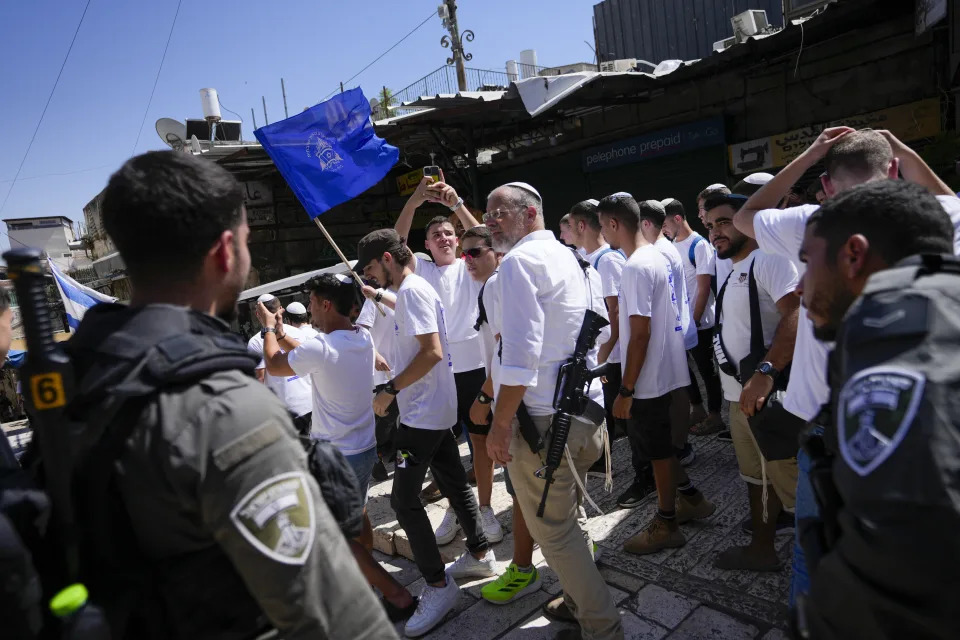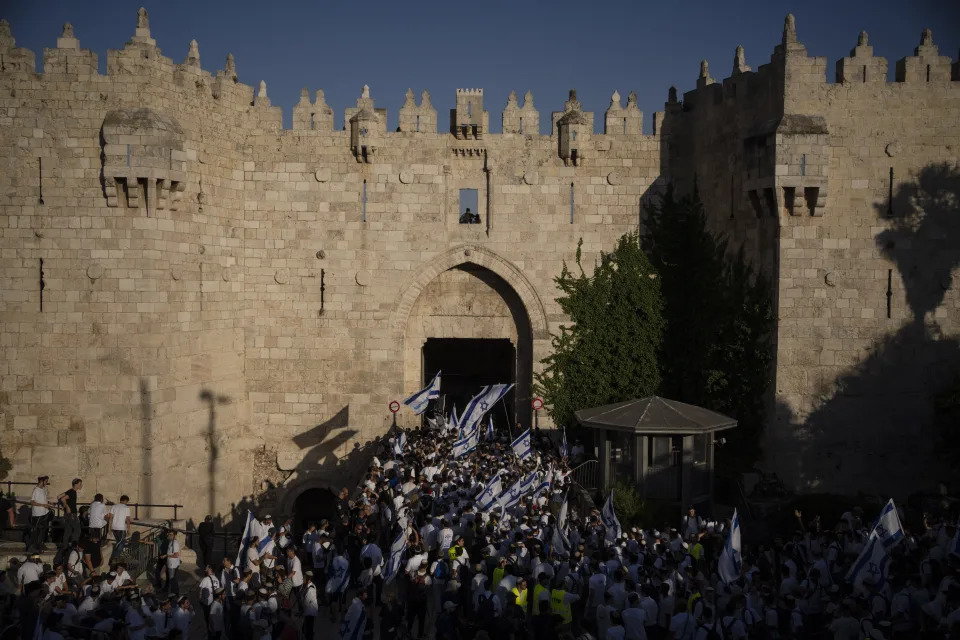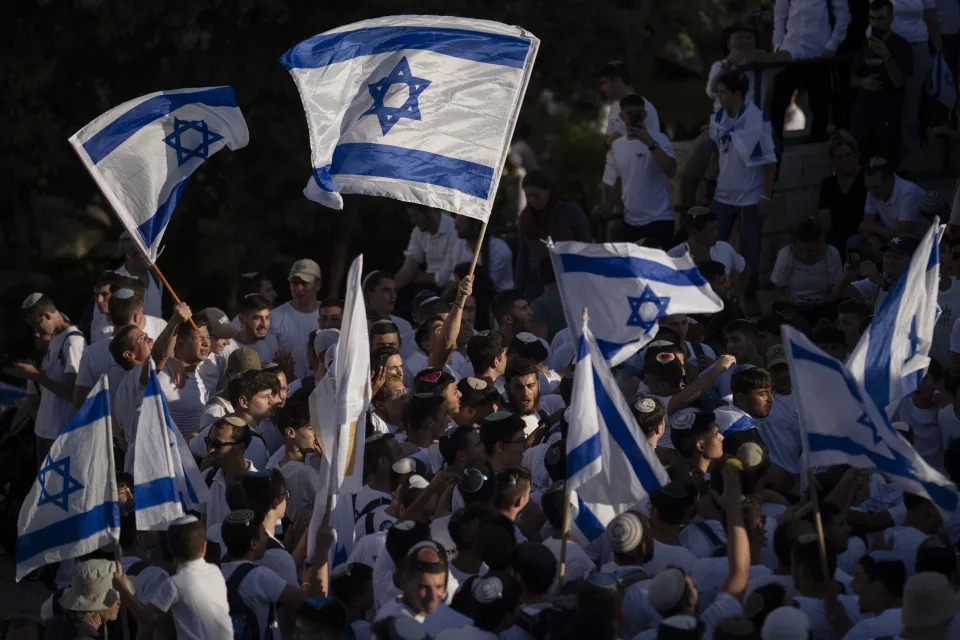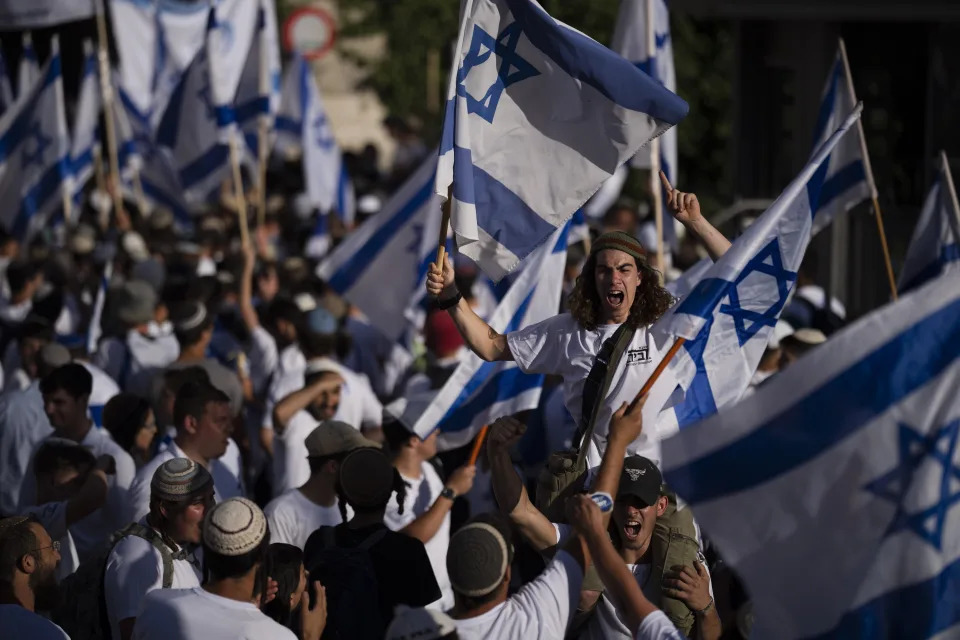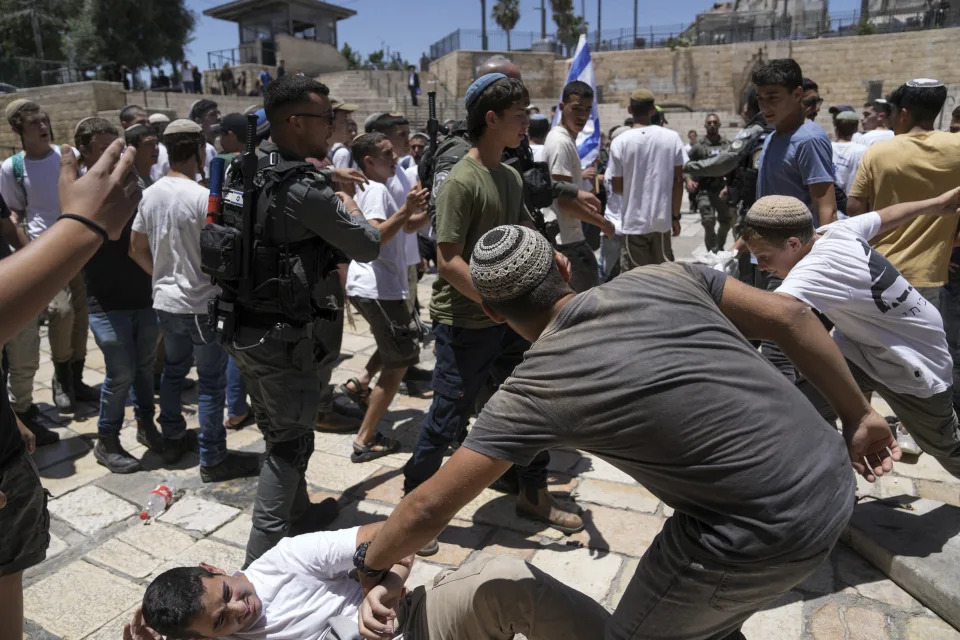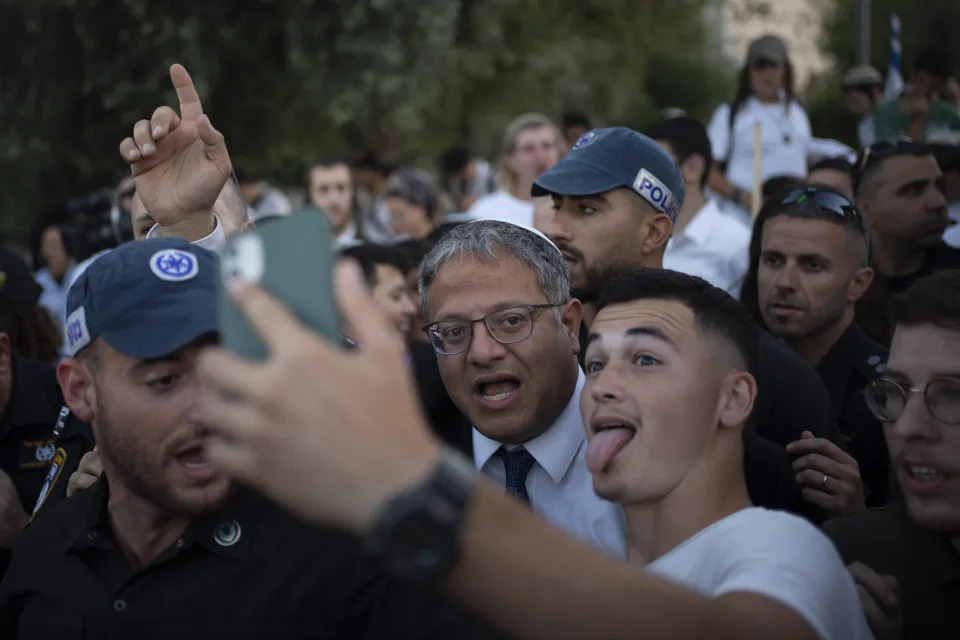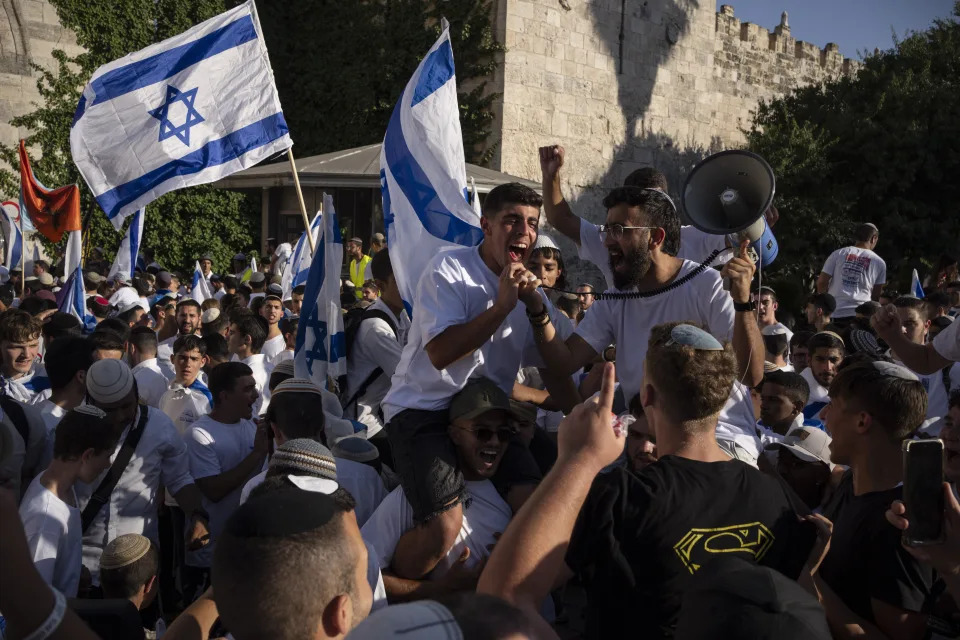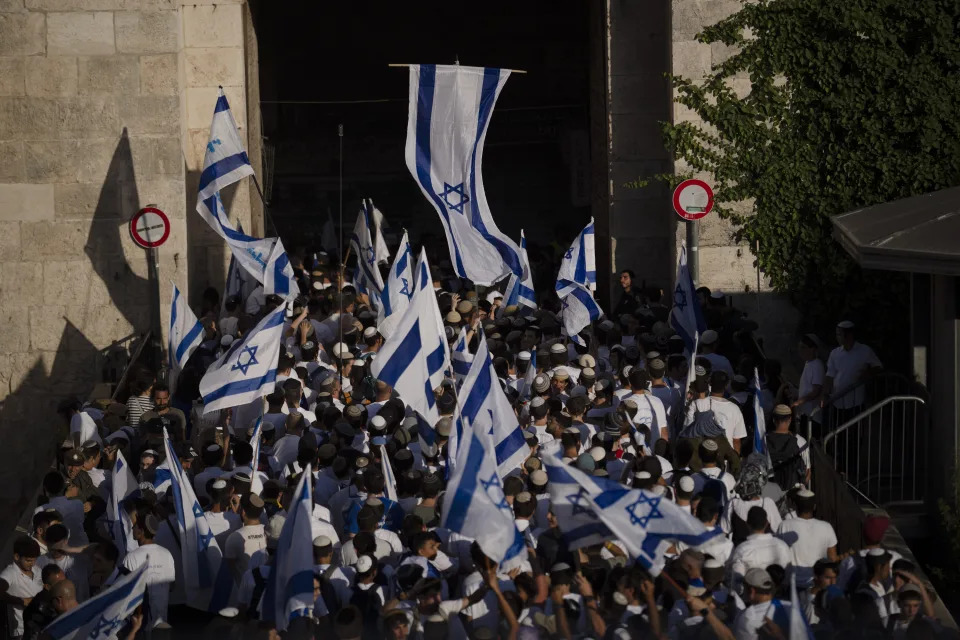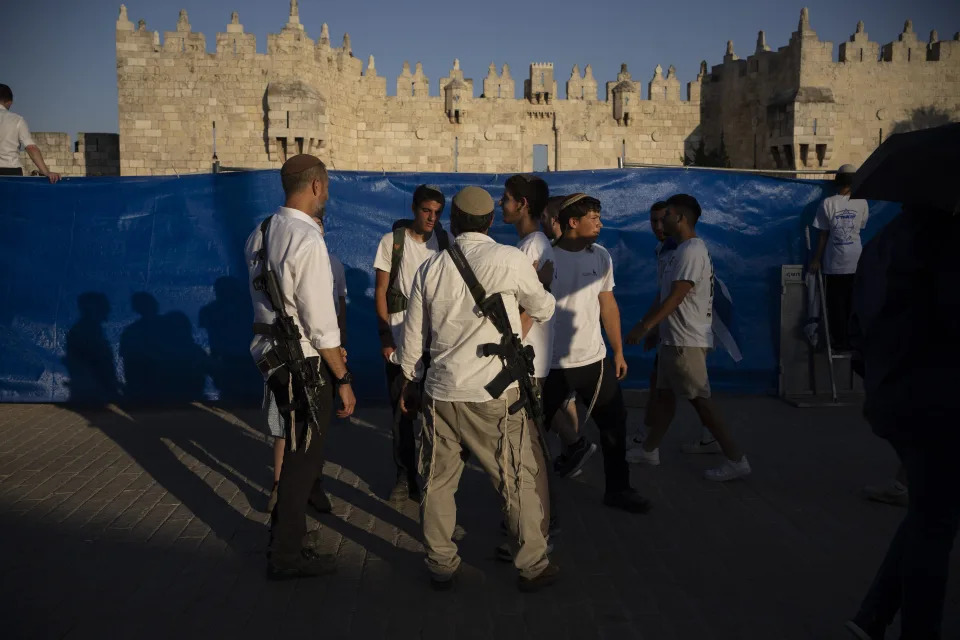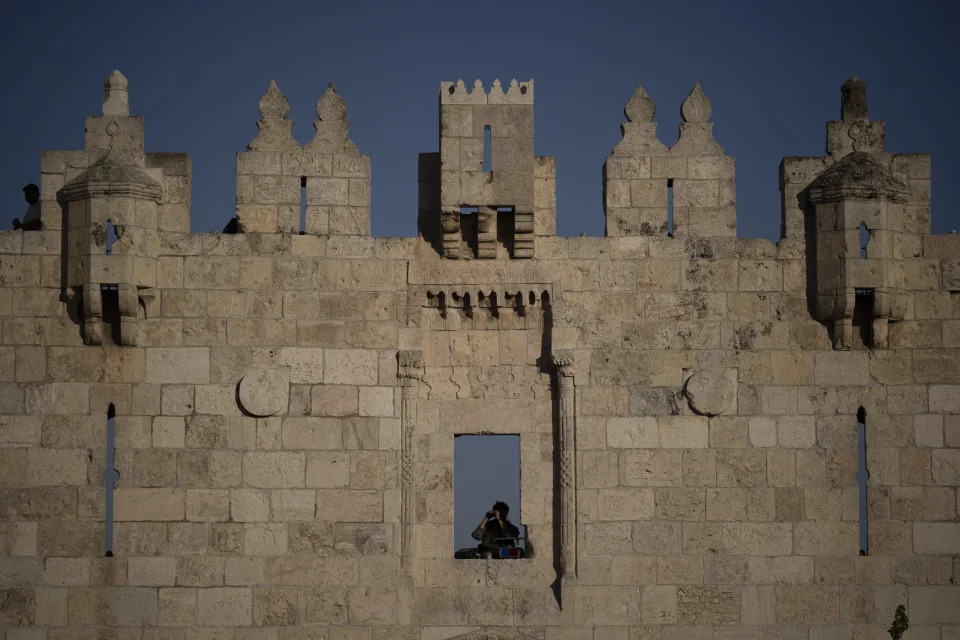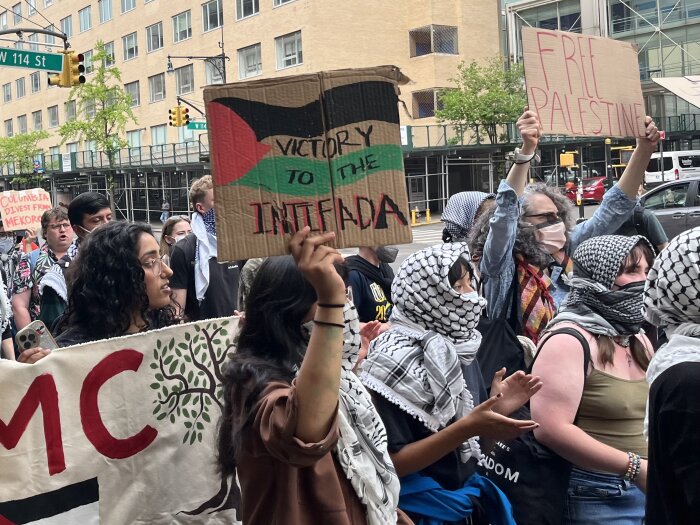Diplomatic row looms as US lawmakers pressure Biden to secure Binance executive’s release in Nigeria
on June 5, 2024
By Ripples Nigeria
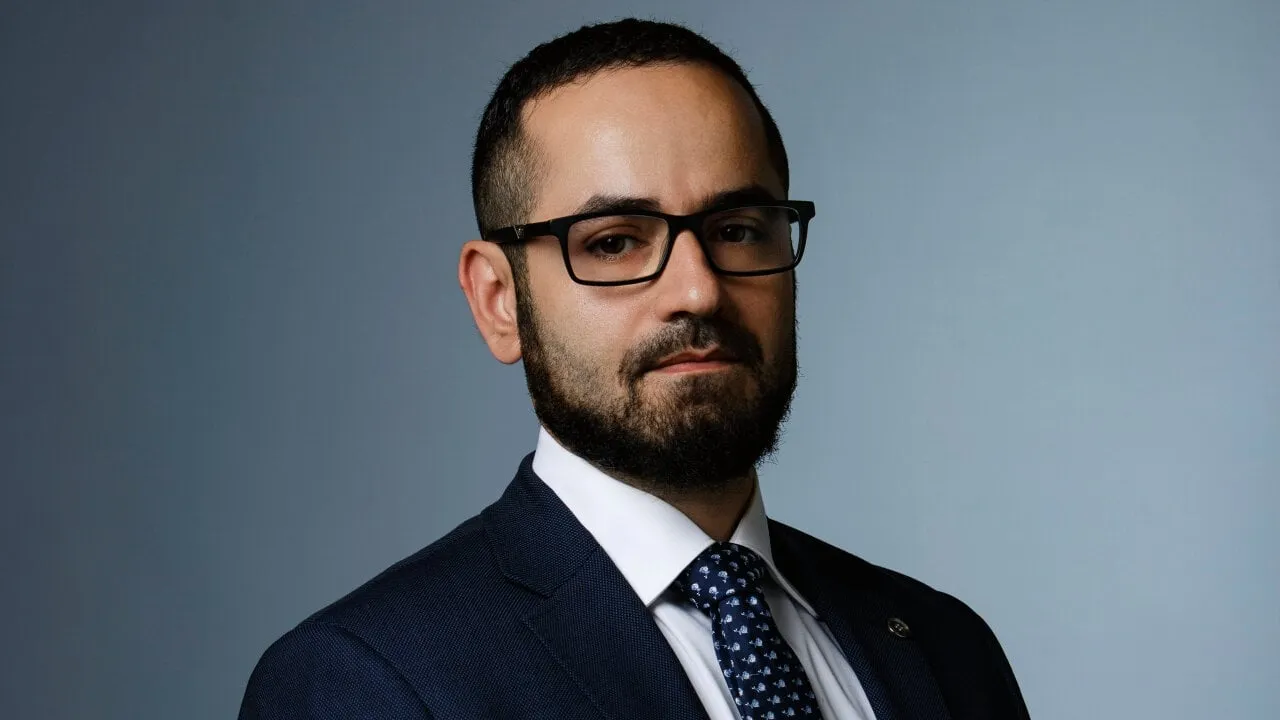
United States lawmakers are urging President Joe Biden and top officials to take immediate action to secure the release of Tigran Gambaryan, a Binance executive and former federal agent who they believe has been unlawfully detained in Nigeria for over three months.
In a strongly worded letter dated June 4, 2024, these policymakers addressed President Biden, Secretary of State Antony Blinken, and Special Presidential Envoy for Hostage Affairs Roger D. Carstens. Several House members, including Chairman Rep. Michael McCaul of the House Foreign GOP, expressing grave concerns about the Binance executive’s health and treatment in Nigerian custody.
Gambaryan, a U.S. citizen and distinguished former IRS agent, has been detained since February 26. At the time, he traveled to Nigeria for high-level meetings on Binance’s compliance issues.
Initially professional, the meetings turned hostile, leading to Gambaryan’s detention by Nigerian authorities. “The Government of Nigeria took Mr. Gambaryan hostage,” the lawmakers wrote.
Moreover, they detailed how Binance’s Gambaryan was forcibly taken to a government-owned house and held without communication for five days.
In addition, despite a court order on March 12 stating that the remand order had not been extended, Gambaryan’s detention continued unlawfully until new charges were filed. The action was taken allegedly in lieu of pursuing legal action against Binance. Hence, the letter emphasizes that Gambaryan “is being tried in lieu of pursuing legal action against his employer.”
READ ALSO: Panic as Binance executive, Gambaryan slumps in court
Additionally, the conditions of Gambaryan’s detention have been severe. He is held in Kuje Prison, notorious for its harsh conditions, and has faced obstacles in meeting with his legal team without government supervision. More alarmingly, his health has deteriorated significantly.
“He tested positive for malaria, and when he requested hospital treatment, the prison officials declined his request,” the letter states.
It would be recalled that Binance’s Gambaryan collapsed in court on May 23, prompting a judge to order his transfer to a private hospital. However, adequate healthcare has not been provided as of June 4.
The lawmakers assert that Gambaryan’s detention meets the criteria for being “wrongfully detained by a foreign government,” as defined in the Robert Levinson Hostage Recovery and Hostage-Taking Accountability Act. They urgently request that his case be transferred to the Office of the Special Presidential Envoy for Hostage Affairs. In addition, they emphasized the need for swift action to ensure the Binance exec’s safety.
“Mr. Gambaryan’s health and well-being are in danger, and we fear for his life. Immediate action is essential to ensure his safety and preserve his life,” the letter urges. However, despite the efforts by the US, Nigeria has refused to comply, which could worsen the situation.
By: Babajide Okeowo





 Israeli border police officers look at Israelis during a march marking Jerusalem Day, in Jerusalem's Old City. [Ohad Zwigenberg/AP Photo]
Israeli border police officers look at Israelis during a march marking Jerusalem Day, in Jerusalem's Old City. [Ohad Zwigenberg/AP Photo]

 For many Palestinians, the route through predominantly Arab neighbourhoods is seen as a deliberate provocation. The Palestinians want the city's eastern sector as the capital of their future state. [Ronen Zvulun/Reuters]
For many Palestinians, the route through predominantly Arab neighbourhoods is seen as a deliberate provocation. The Palestinians want the city's eastern sector as the capital of their future state. [Ronen Zvulun/Reuters]




